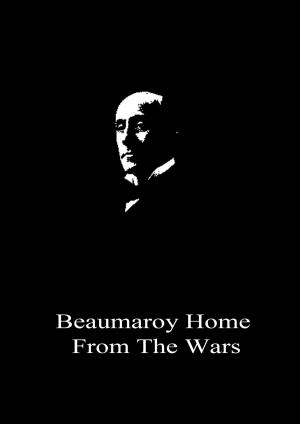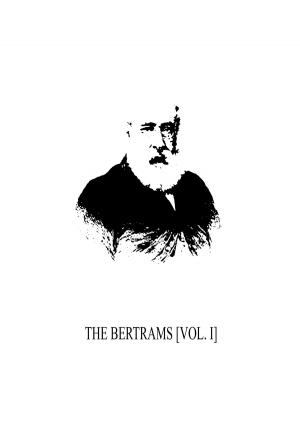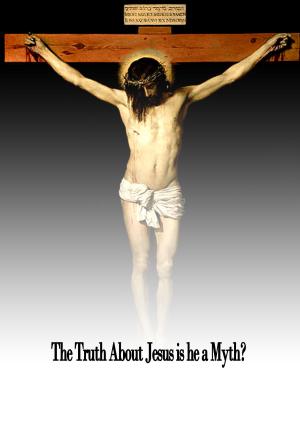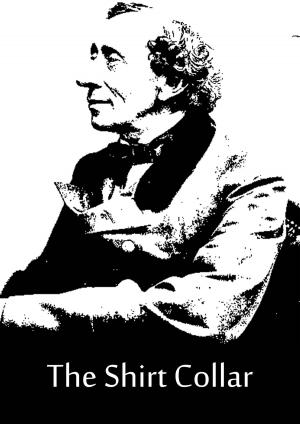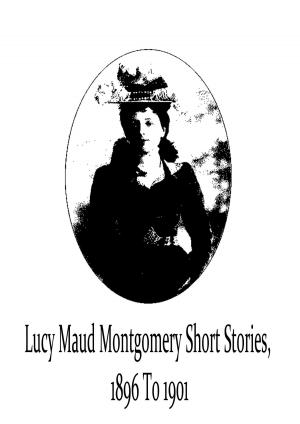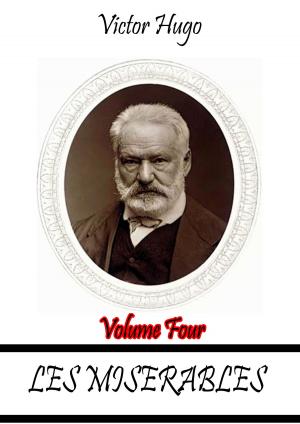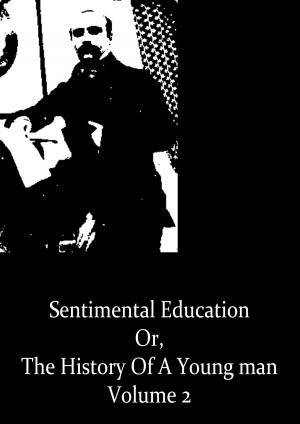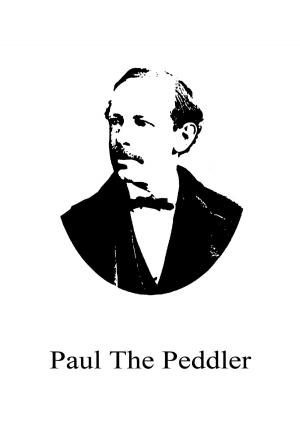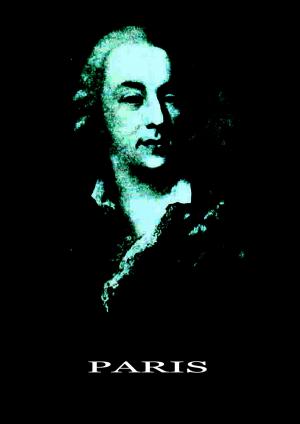| Author: | Jean Jacques Rousseau | ISBN: | 1230000036879 |
| Publisher: | Zhingoora Books | Publication: | December 5, 2012 |
| Imprint: | Language: | English |
| Author: | Jean Jacques Rousseau |
| ISBN: | 1230000036879 |
| Publisher: | Zhingoora Books |
| Publication: | December 5, 2012 |
| Imprint: | |
| Language: | English |
Christmas Summary Classics
This series contains summary of Classic books such as Emma, Arne, Arabian Nights, Pride and prejudice, Tower of London, Wealth of Nations etc. Each book is specially crafted after reading complete book in less than 30 pages. One who wants to get joy of book reading especially in very less time can go for it.
JEAN JACQUES ROUSSEAU
The New Heloise
Jean Jacques Rousseau, born at Geneva on June 28, 1712, tells the story of his own life in the "Confessions" (see LIVES AND LETTERS, Vol. X). All his dreams of felicity having been shattered, he took up his abode in Paris, where he made a poor living by copying music. Hither, again, he returned after a short stay in Venice, where he acted as secretary in the Embassy. He now secured work on the great Encyclopaedia, and became known, in 1749, by an essay on the arts and sciences, in which he attacked all culture as an evidence and cause of social degeneration. A successful opera followed in 1753; and to the same year belongs his "Essay on Inequality among Men" ("Discours sur l'inégalité parmi les Hommes"), in which he came forward as the apostle of the state of nature, and of anarchy. His revolutionary ideas were viewed with great displeasure by the authorities, and he fled in 1764 to Switzerland; and in 1766, under the auspices of David Hume, to England. Rousseau wrote "The New Heloise" ("La Nouvelle Héloise") in 1756-7, while residing at the Hermitage at Montmorency--an abode where, in spite of certain quarrels and emotional episodes, he passed some of the most placid days of his life. This book, the title of which was founded on the historic love of Abelard and Heloise (see Vol. IX), was published in 1760. Rousseau's primary intention was to reveal the effect of passion upon persons of simple but lofty nature, unspoiled by the artificialities of society. The work may be described as a novel because it cannot very well be described as anything else. It is overwhelmingly long and diffuse; the slender stream of narrative threads its way through a wilderness of discourses on the passions, the arts, society, rural life, religion, suicide, natural scenery, and nearly everything else that Rousseau was interested in--and his interests were legion. "The New Heloise" is thoroughly characteristic of the wandering, enthusiastic, emotional-genius of its author. Several brilliant passages in it are ranked among the classics of French literature; and of the work as a whole, it may be said, judicially and without praise or censure, that there is nothing quite like it in any literature. Rousseau died near Paris, July 2, 1778.
Christmas Summary Classics
This series contains summary of Classic books such as Emma, Arne, Arabian Nights, Pride and prejudice, Tower of London, Wealth of Nations etc. Each book is specially crafted after reading complete book in less than 30 pages. One who wants to get joy of book reading especially in very less time can go for it.
JEAN JACQUES ROUSSEAU
The New Heloise
Jean Jacques Rousseau, born at Geneva on June 28, 1712, tells the story of his own life in the "Confessions" (see LIVES AND LETTERS, Vol. X). All his dreams of felicity having been shattered, he took up his abode in Paris, where he made a poor living by copying music. Hither, again, he returned after a short stay in Venice, where he acted as secretary in the Embassy. He now secured work on the great Encyclopaedia, and became known, in 1749, by an essay on the arts and sciences, in which he attacked all culture as an evidence and cause of social degeneration. A successful opera followed in 1753; and to the same year belongs his "Essay on Inequality among Men" ("Discours sur l'inégalité parmi les Hommes"), in which he came forward as the apostle of the state of nature, and of anarchy. His revolutionary ideas were viewed with great displeasure by the authorities, and he fled in 1764 to Switzerland; and in 1766, under the auspices of David Hume, to England. Rousseau wrote "The New Heloise" ("La Nouvelle Héloise") in 1756-7, while residing at the Hermitage at Montmorency--an abode where, in spite of certain quarrels and emotional episodes, he passed some of the most placid days of his life. This book, the title of which was founded on the historic love of Abelard and Heloise (see Vol. IX), was published in 1760. Rousseau's primary intention was to reveal the effect of passion upon persons of simple but lofty nature, unspoiled by the artificialities of society. The work may be described as a novel because it cannot very well be described as anything else. It is overwhelmingly long and diffuse; the slender stream of narrative threads its way through a wilderness of discourses on the passions, the arts, society, rural life, religion, suicide, natural scenery, and nearly everything else that Rousseau was interested in--and his interests were legion. "The New Heloise" is thoroughly characteristic of the wandering, enthusiastic, emotional-genius of its author. Several brilliant passages in it are ranked among the classics of French literature; and of the work as a whole, it may be said, judicially and without praise or censure, that there is nothing quite like it in any literature. Rousseau died near Paris, July 2, 1778.
![Cover of the book The New Heloise [Christmas Summary Classics] by Jean Jacques Rousseau, Zhingoora Books](https://www.kuoky.com/images/2012/december/500x500/1230000036879-un9v_500x.jpg)
